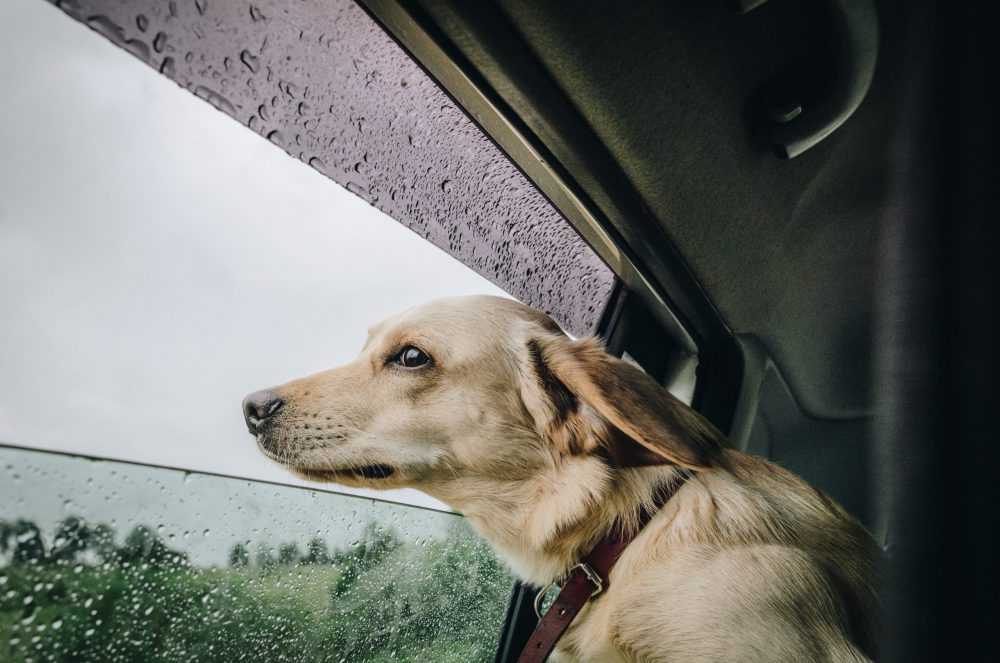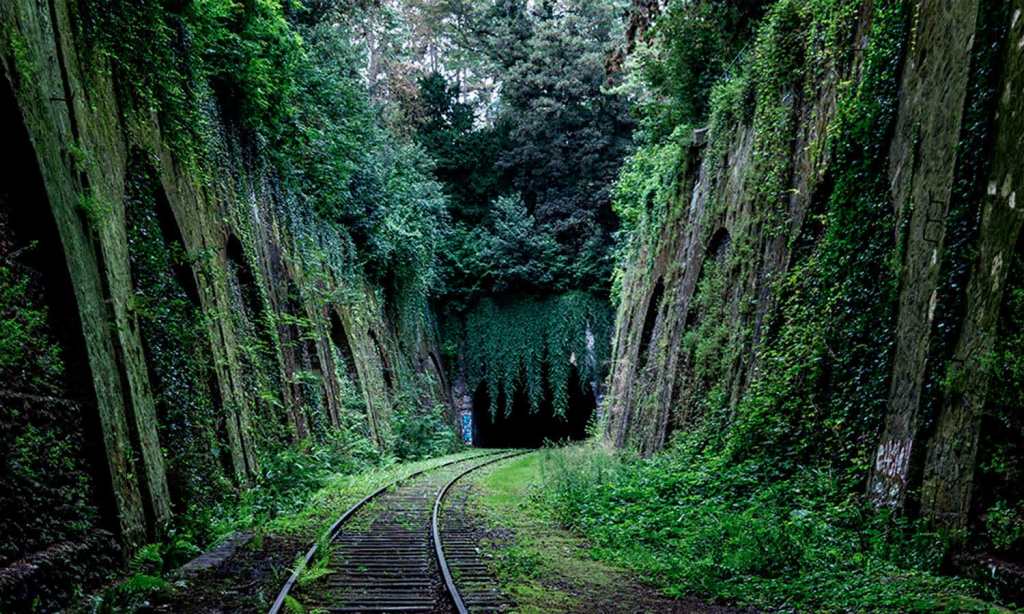The news that air travel has a vastly negative impact on the environment is news to no one, yet Australians have this insatiable appetite for travelling the world and often turn a blind eye to the effects of their wanderlust habits for that third trip back to Bali (this year).
Well, it seems things are starting to change, or at least they soon will be, according to global travel site Booking.com. The platform’s annual Travel Predictions Survey gathered results from over 20,000 travellers around the globe to find that in 2020, jet-setters will be seeking out means of transport that help reduce the enormous footprint left behind by travellers.
And there’s more; according to the results, dog and cat-friendly accommodations are becoming increasingly more important to pet parents, and now more than ever, food and restaurants are informing hungry travellers of their next destinations. Here are some key takeaways.
Pet-friendly priorities
More than half of pet owners say their furry friend is as important to them as their children, which means a rise in pet-friendly hotels and apartments are expected in 2020 to accommodate for those with companions.
One third (33%) of Australian pet owners agree that in the coming year they would choose holiday destinations based on whether or not they can bring their pets along, and a huge 45% would be willing to fork out some extra cash if it meant their home away from home was pet-friendly.

Tables before plane seats
Where weather, seasonality and events once dictated when a traveller planned for a holiday, it’s now dining prospects that are informing when a traveller makes their way over to a new city.
“The coming year will see travellers put culinary ambitions at the forefront of their travel decision making, in a race to snag that all-important restaurant reservation,” says Booking.com in the survey results. “For many, where and when they travel will start with — and depend on — whether they can reserve a table to enjoy highly coveted cuisine.”
And while travel guides are a useful resource for finding the best dining spots, Booking.com says social media is having the most impact on peckish travellers to reveal the hidden local gems for reservations, not the spots most popular with tourists.
https://www.instagram.com/p/B1NFUAGlpRt/
Second cities first
Paris, London, Tokyo, New York; all the cities saturated with tourists will see a decline in the number of visitors as travellers begin to prioritise destinations second to the major cities. In a bid to reduce over-tourism and protect the environment, Booking.com predicts we’ll venture to lesser-explored alternatives or ‘second-cities’ that offer a similar experience to the capitals.
More than half (54%) of respondents want to reduce over-tourism by venturing out to second-cities while 51% would swap a major city for a similar destination if it meant less environmental impact would be had.

Slower trips
Travellers previously tried to speed through the transport legs of their plans with overnight flights to ensure more time at their destination. But in 2020, it is predicted that slo-mo transport will make a comeback in a bid to reduce environmental impact and enjoy a more memorable means of getting to the final destination.
Almost half (45%) of Australians plan to take slower modes of transport to reduce their environmental impact and 69% would opt for a longer route in order to experience more of the journey itself.







